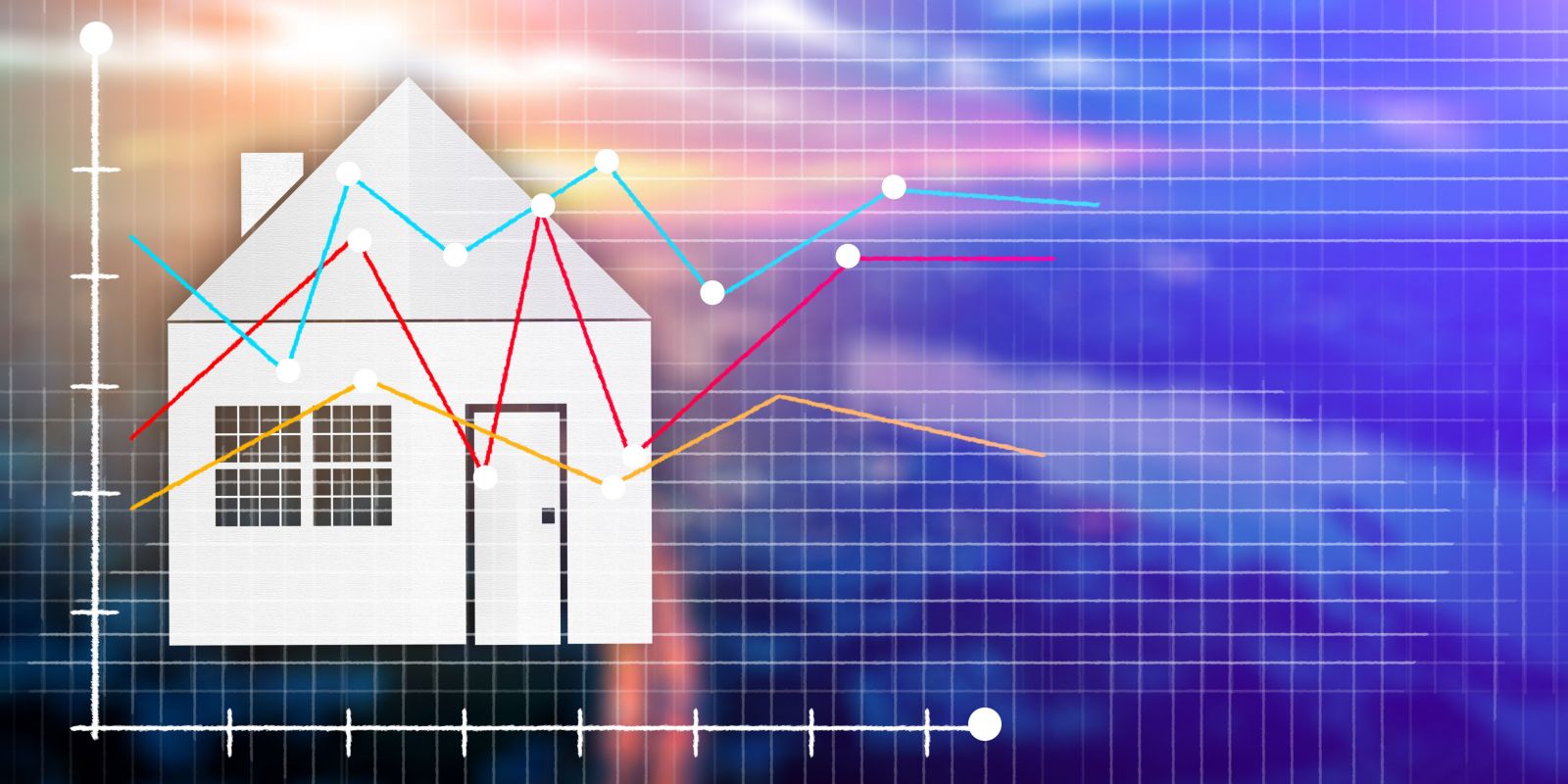With inflation through the roof, the Federal Reserve has implemented a tried and true strategy to slow the economy – raising interest rates. Unfortunately, the side effect of quickly increasing interest rates is that the country is getting pushed towards a recession.
Homeowners, buyers, sellers, and investors are now asking, what happens to the housing market during a recession?

The past two years saw a red-hot housing market across most of the United States, and the market has remained strong, despite quickly rising mortgage rates. However, economists and the media are warning about a housing market correction.
Historically, home prices drop during some recessions. Recessions decrease consumer confidence and can lead to higher unemployment rates, both of which reduce demand for housing.
The last recessions started in December 2007 and lasted until the middle of 2009, which we now call the Great Recession. This period saw millions of Americans lose their jobs and homes. But the conditions of the Great Recession were different than those today. Prior to 2007, the country was in the middle of a housing bubble. From January 2000 to 2007, housing prices soared 84%, pushed by masses of subprime mortgages. With loans more accessible to obtain, borrowers could access larger and larger amounts of money to compete in a hot housing market.
These loans were unsustainable, and therefore as more and more borrowers faced financial hardship, they were forced to short sell or be foreclosed on. Finally, with so many owners losing their homes, properties hit the market in masses, and prices plummeted.
But what is interesting, and perhaps most relevant to our current economic environment, is that not all recessions result in a housing price downturn. According to data from CoreLogic, there have been recessions that did not result in a decline in home prices. In fact, home prices have appreciated during recessions. Four of the last six recessions saw home prices appreciate. The only two that saw a decline in home prices were the recession in the early 90ss and the Great Recession.
So, why are we so afraid of a major housing market downturn? Mainly because the crisis of 2007 is still so fresh in our minds. If we look beyond our fear, there's a positive outlook for the US housing market, particularly in growth markets. Currently, there's historically high job creation and quickly rising incomes.
Additionally, despite rising interest rates, there’s still a housing crisis in most major metropolitan markets. There simply haven’t been enough new homes built in the past decade to meet demand. With supply and demand so out of balance, it’s hard to imagine home prices could experience a severe decline.
We can't say that home prices aren't going to drop. However, homeowners, buyers, and investors shouldn't lose confidence in the market. Demand for homes, especially in Tucson, remains strong. In June, Roofstock stated that Tucson is one of the hottest housing markets in the country and predicted that prices would rise by a further 8% this year.
Even if we are headed into a recession, the overall outlook is positive, and we shouldn't fear a housing market crash like in 2007.

